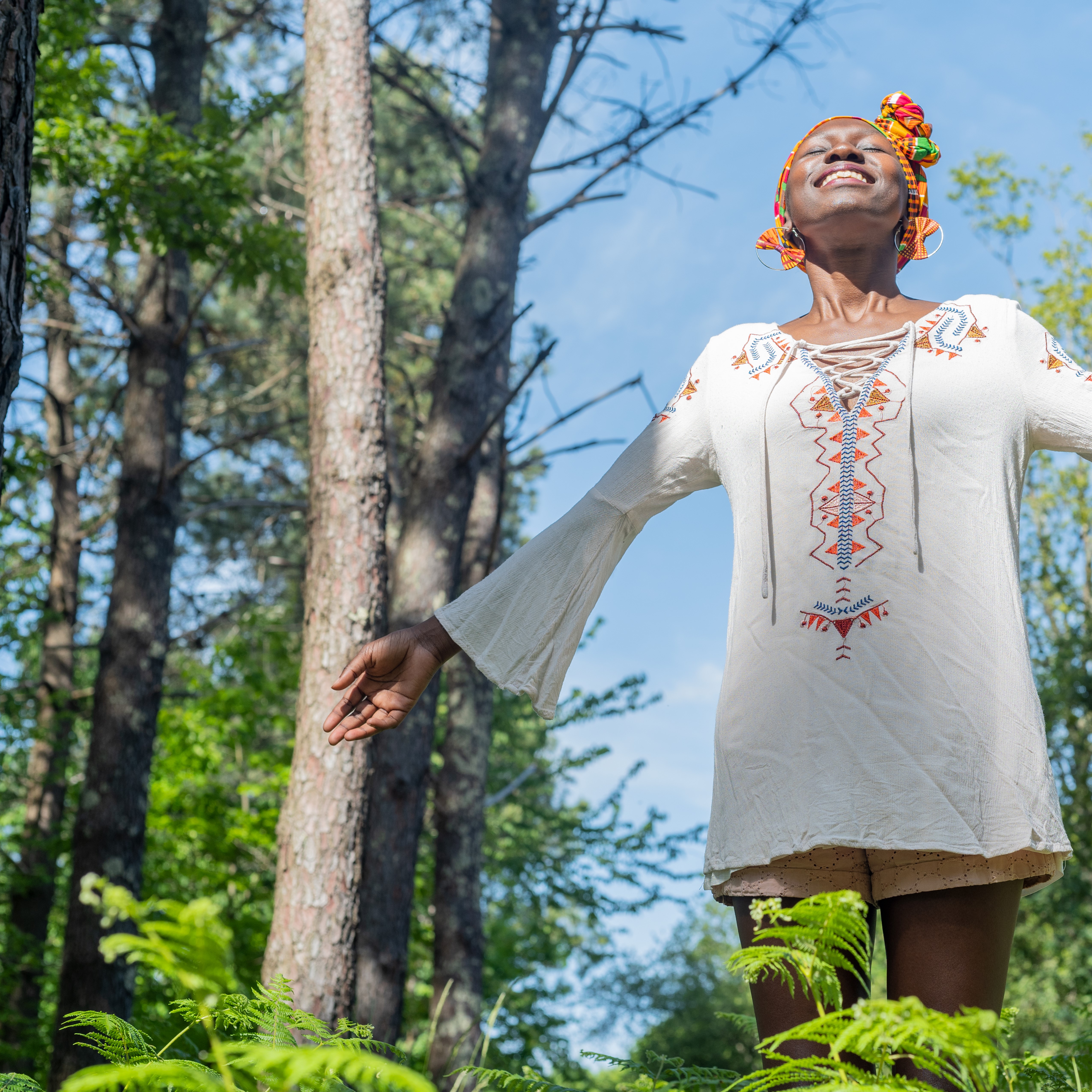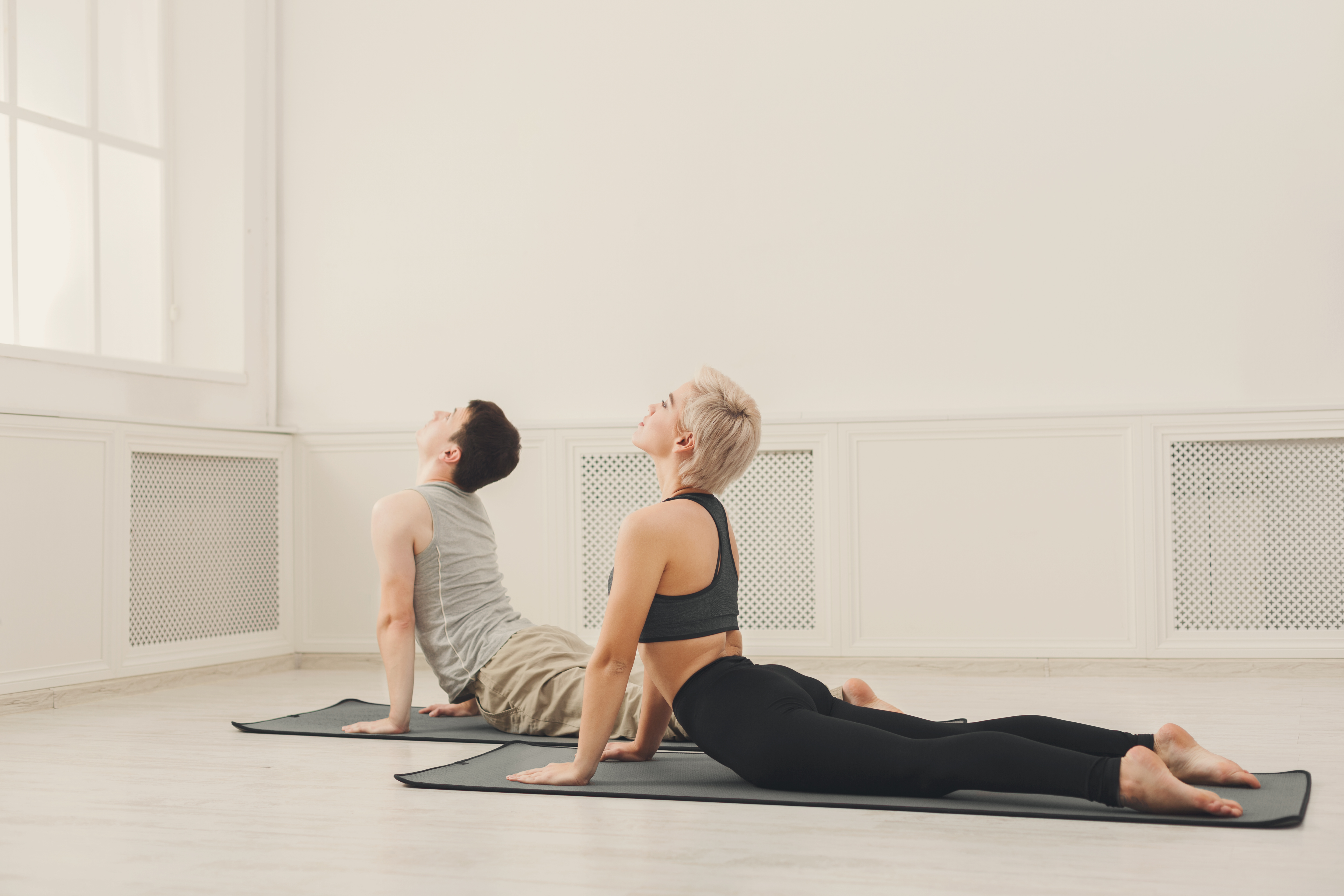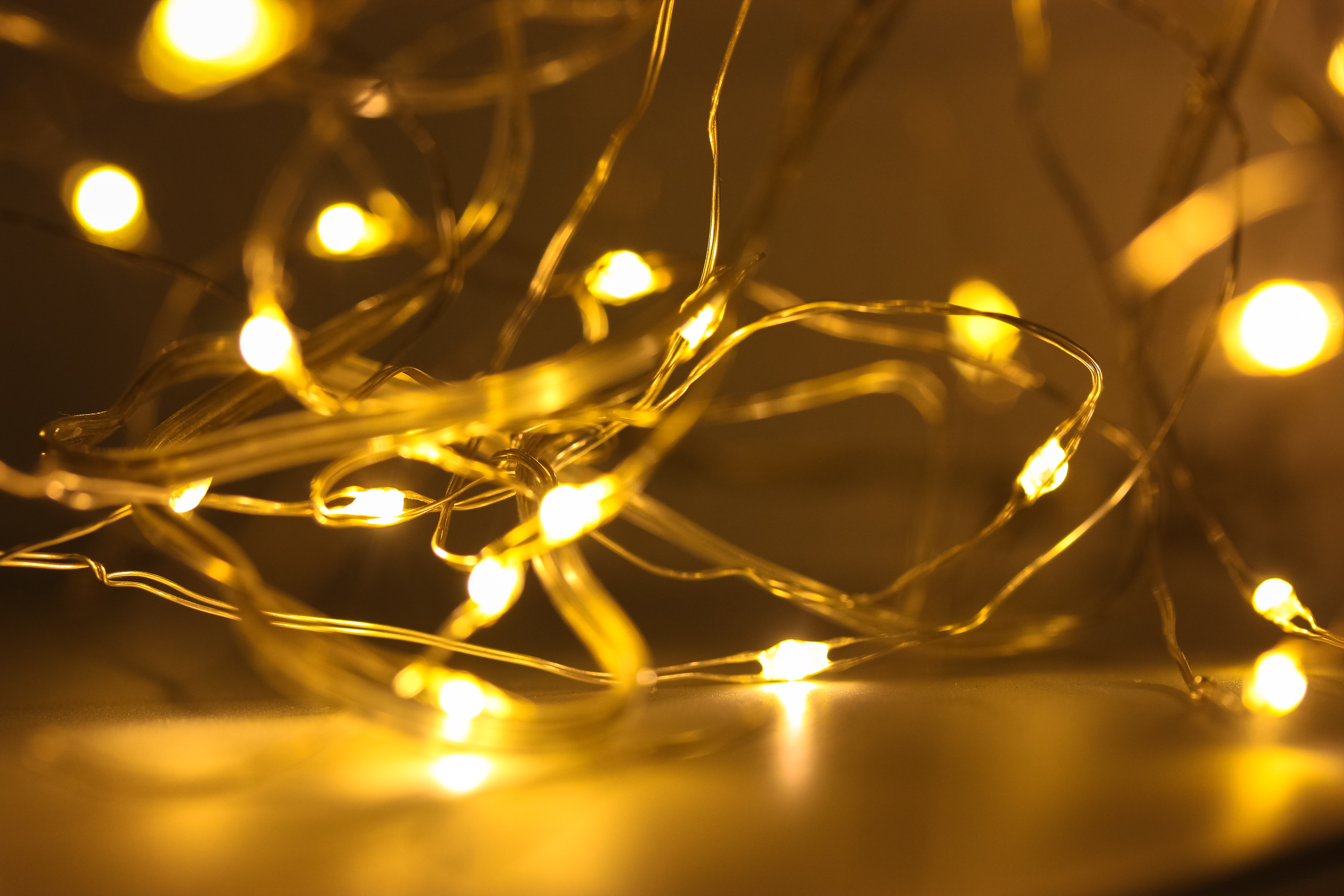
Breath and Digestion
A Self-Care Practice for Autumn Using
The Wisdom of Traditional Chinese Medicine
This is the fifth entry of Alison's 5 part TCM self-care series.
Northern Hemisphere: October - November
Southern Hemisphere: March - April
Traditional Chinese medicine (TCM) uses acupuncture, physical therapy, and herbs to keep the body in balance, but it also guides us toward living in harmony with nature. As the seasons change, so do our health care requirements. Autumn is that beautiful time of year when we have reaped the rewards of the abundance of summer and our energy starts to turn inward in preparation for winter.
Each organ is closely related to a particular season, and autumn is the time of year when we can focus on our lungs, and their paired organ the large intestine. These organs belong to the metal element and are associated with your nose, skin, grief, sadness, and courage. Your lungs are thought to be a source of qi. Some of our health depends on our parents' health at conception (our genes), but we can positively affect our health with our lifestyle.
Take a breath
Our breath has always been our greatest tool. Whatever the circumstances we usually have access to our breath, and we can use breathwork to, calm our nervous system, slow down our heart rate, reduce our blood pressure, reduce anxiety, improve our immune system, and help with pain management (especially during labour), or let go of what no longer serves us. Breathwork doesn't need to be an intense period of sitting and breathing, as you are reading this you can take one deep breath in and one deep breath out, which is a micro session of breathwork. If you don't know where to start you can simply breathe in for a count of 4 and breath out for 6, 7, or building up to 8. If you are a visual learner you can imagine blowing away a golden thread as you exhale - this will naturally make your out-breath longer helping you to calm your nervous system. Or if you are a kinesthetic person, you can imagine your breath going underneath your collarbones, to the bottom of your ribcage, or all the way down to your pelvis.
Large intestine love
In TCM, each organ has a partner it works closely with, one has a more yin function and the other is more yang. The lungs paired organ is the large intestine. Your large intestine is your waste disposal system. Once you have absorbed all of the usable nutrients from your food, you need to eliminate what's left behind. Without a regular bowel movement, the waste will stay in your body which will have a knock-on effect on the rest of your body. Acupuncture works really well for promoting regular bowel movements, but there are lots of well-documented ways you can help yourself. One free and accessible way is to practice deep breathing. The lungs sit on top of your diaphragm, so when you breathe deeply your diaphragm moves up and down, and this also stimulates the large intestine that sits below your diaphragm. This structural connection is one way that the lungs and large intestine have a close relationship.
Give in to grief
The emotions that tend to be held in the lungs are grief and sadness. I didn't really have any lived experience of this until I went to my first funeral and it felt like my lungs would collapse with my loss. We don't always get the chance to process grief. It can be overwhelming, or we may have been brought up with caregivers who didn't know how to validate our feelings, or thought that just getting on with it was the best strategy. Feeling your feelings means that their impact will be released from your body - you may still have the scar, but you won't have the open wound.
According to traditional Chinese medicine, there is a time of day when the organs are more active, so if you find yourself waking up between 3 am-5 am, which is the lung's busiest time, then you may have some unprocessed sadness or grief. Grief or sadness doesn't have to be about loss. We can grieve the end of a relationship or job, or for something that didn't happen - COVID has taught us about the uncertainty of life and having to let go of booked holidays or time with friends, but this is also a loss that needs to be processed. My fertility clients who did not expect to be travelling the IVF road need to grieve the loss of the path they thought they would be on.
Grief comes in all shapes and sizes, but how to let it go? Your thoughts are in your head, yet your emotions are stored in your body. The first step is to give yourself the time and space to quieten your mind so that your body can speak. Allow the feelings the space to be heard, then name them, without judgment or a need to fix them. Sitting in a safe space is one way, and so is journaling, talking with a trusted friend, or reaching out to a therapist.

Build boundaries
Our lungs are a boundary between us and the outside world. They act as a filter allowing the good stuff in (oxygen) and filtering the bad stuff (dust, germ, or foreign bodies). Personal boundaries are the limits that we set ourselves which let other people know how to treat us. Without boundaries, people may take advantage of your time, energy, or money. If you recognise yourself as a people-pleaser, you may need to explore the idea of boundaries. People-pleasing will get people to like you, but you may end up feeling resentful, overwhelmed, burnout, or not liking yourself very much. We are not born people-pleasing, it usually starts as parent-pleasing, so this may be a life-long habit that will need time to change. You may put a boundary in place but that other person may walk all over that boundary. Your lungs can serve as a reminder that there is always another breath, there is always another chance to try again, to draw a line in the sand and let other people know what, for you, is ok and what is not ok. Remember when we said the lungs were a source of qi? If you don't have healthy boundaries then your qi will become depleted and you may have low-grade chronic symptoms such as digestive problems, anxiety, or menstrual issues.
Let the leaves go
Nature teaches us that autumn is the time of year to shed what we no longer need. The trees don't hold onto the leaves “just in case”, they shed them ready for death and re-birth. Editing your wardrobes, cupboards, Instagram pages, or friends may free up mental space. Clearing out your cave will make room for the nuts and berries you'll need to see you through winter. As well as the physical, we can let go of what no longer serves us. This means old patterns, habits, or behaviours that may have helped us survive, but are now stopping us from thriving.
Quick autumnal tips:
-
Wear a scarf: Keeping the back of your neck warm is thought to stop the wind and cold from binging pathogens (bugs) into your body. The warmth makes your throat less hospitable to seasonal viruses.
-
Treat yourself to some eucalyptus: Hanging some fresh eucalyptus over your shower will give you the benefit of helping with any respiratory conditions, as it is thought to open up the nasal passages and allow air to flow more freely.
-
Slow cook your food: Smoothies and salads are great for the summer, but now is the time to start adding slow-cooked warming foods, like stews and soups, as well as spices. I’d like to think a pumpkin latte counts!
-
Dry skin brush: We have said that the lungs are connected to the skin (people with asthma often also have eczema), this is an affordable way to take care of your skin, increase your circulation and blood flow, and stimulate your lymphatic drainage.
-
Breathe your biome: Scientists are discovering that breathing in different environments will improve your lung microbes. Getting out into the forest, beach, or along the river may improve your lung health and immune system.
-
Dress for the season, not the day: Autumn can give us a seriously sunny day one day, and then the wind can sneak along, bringing invading pathogens. Listen to your grandma and pack extra layers, even on sunny days.
- Practice yoga: Especially chest opening postures and deep breathing as these will benefit your lungs, but yoga is amazing for all-around health, including your emotional health - and it is a practice, you don't need to be flexible to try yoga.

Acupressure point
An acupuncturist will tailor your session for your particular constitution, but you can use at-home acupressure as a self-care tool. Acupuncture point Lung 7, poetically known as Broken Sequence can be found when you fit your index finger and thumb of one hand into the index finger and thumb of your other hand, which is where you can massage this point.
Lung 7 is thought to:
-
Open up the door to allow invading pathogens (germs) to leave the body
-
Open up the door to allow the release of stuck grief or sadness
-
Relieve common cold, sore throat, blocked or a runny nose
-
Relieve headaches, migraines, or neck pain
-
Reduce cough, or asthma
-
Relieve toothaches
Autumn is a transitionary season when we start preparing ourselves for the long winter and flu season. Time in nature, time with yourself, and breathwork are accessible ways to support yourself through this period. If you feel like you need some support, then your local acupuncturist will do a full body evaluation and provide you with a bespoke treatment plan to care for your particular constitution.
To learn more about Alison Williamson and her practice in England, check her contributor bio.


